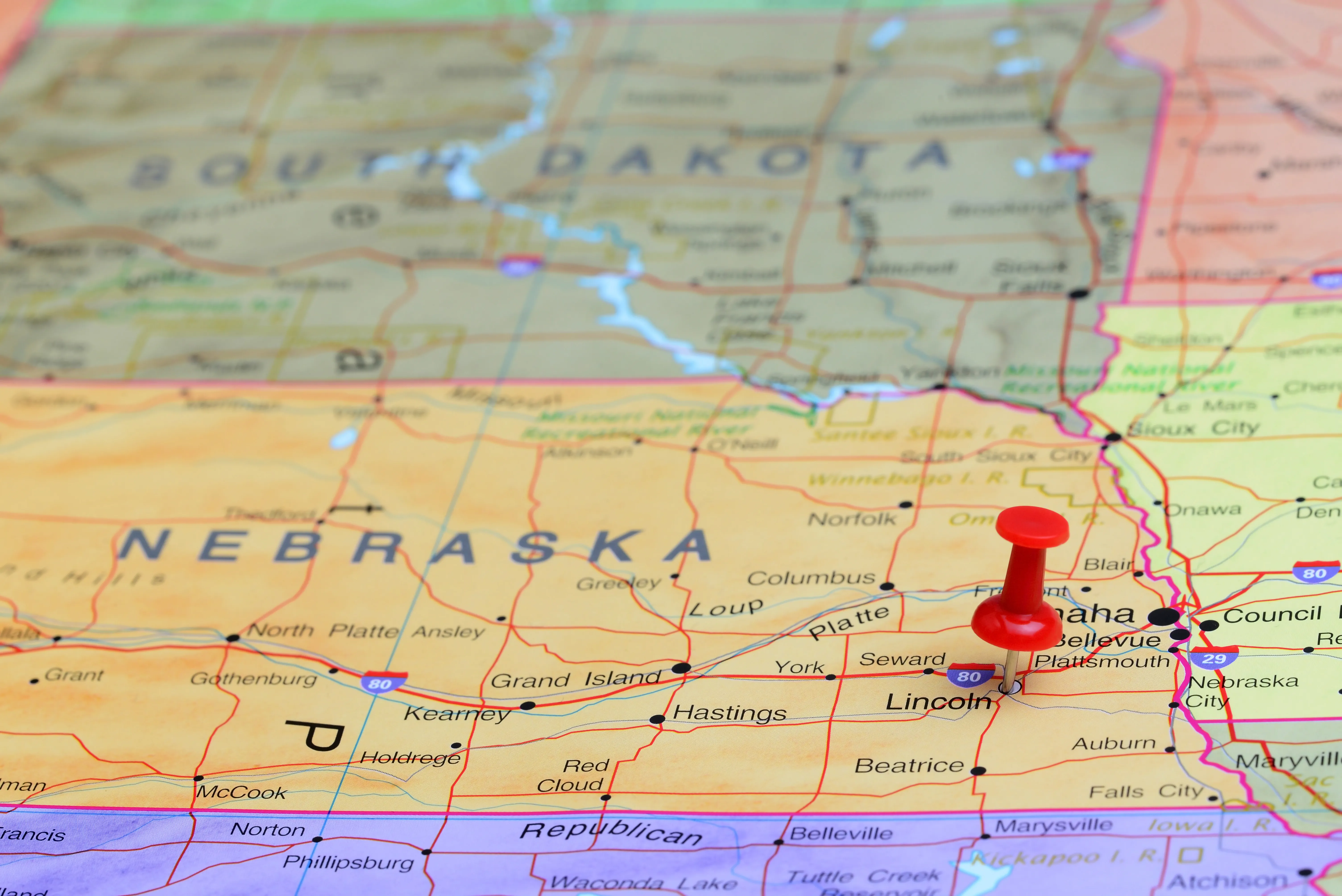
Daily Audio Newscast - February 3, 2025
© AlexLMX - iStock-823000260
Six minutes of news from around the nation.
Canada and Mexico impose tariffs in response to Trump's trade policies, 55 victims identified including 3rd military pilot in fatal D.C. midair collision, and lawmakers in Montana, Nebraska and Wisconsin address gender laws, crypto regulations and violence prevention.
Transcript
The Public News Service Daily Newscast, Monday, February 3, 2025.
I'm Farah Sidiqui.
Canada and Mexico imposed regulatory tariffs on U.S. goods in response to President Trump's trade measures.
Canada's 25 percent tariff starting February 4 target $20 billion in U.S. imports, with more goods worth $85 billion to be added.
Mexico has announced tariffs but provided no details.
Meanwhile, 55 victims have been identified from the midair collision near Reagan National Airport, where all 67 aboard both aircrafts are presumed to have lost their lives.
Montana lawmakers are considering three bills on gender.
They're all versions of previous bills that either failed or were struck down in court.
But some new drafts have higher stakes.
Two bills would determine if or how transgender people can use certain bathrooms in changing rooms and participate in school sports.
A third seeks to prohibit access to gender-affirming health care and to criminalize doctors and parents who, according to the bill, knowingly procure or provide such care.
Zuri Moreno is the state legislative director for the advocacy group Forward Montana and says some lawmakers have described transgender people as out of compliance.
It's an overreach of our government to try to force people across our communities to comply with what they think is correct gender presentation.
Proponents say the bills would prevent harassment and protect the welfare of children.
I'm Kathleen Shannon.
Nebraska lawmakers are considering a bill to implement consumer protections and license requirements for the cryptocurrency industry, and they're taking public testimony on it today.
Mark Moran reports.
AARP Nebraska is among the groups working to get the word out about an uptick in cryptocurrency scams.
Gift card and phishing scams are nothing new to Nebraska seniors.
But now Gina Ragland with AARP Nebraska says they're learning of more cases of criminals coercing people into depositing money into cryptocurrency ATMs, also known as crypto kiosks.
They can be found really anywhere that you frequent, places such as supermarkets, convenience stores, gas stations, bars and even restaurants.
They look like a bank, ATM, but they actually allow people to conduct cryptocurrency transactions such as sending money through digital wallets.
Support for Governor Tony Evers' first statewide office of violence prevention is gaining momentum, as some safety experts and advocates say they are hopeful it'll save lives.
Reggie Moore heads community safety at the Medical College of Wisconsin.
He formerly led Milwaukee's violence prevention office during a critical period.
The fact that cities are getting smarter on crime and the impact that these types of interventions can have in addressing violence before it happens, I think is something that people understand that we should be doing.
He says that starts with a public health approach to preventing gun violence.
It's that approach, he adds, that contributed to Milwaukee's four-year decline in homicides and non-fatal shootings beginning in 2016.
I'm Judith Ruiz Branch reporting.
This is Public News Service.
An EPA rule finalized near the end of the Biden administration calls on states and cities to recall all lead pipes and drinking water systems within a decade.
This work is taking shape in Minnesota, even with uncertainty looming.
Mike Moen reports.
The federal rule was announced last fall and prior to that, Minnesota laid out its goal of replacing all lead service lines by 2033.
With the help of state and federal aid, Brent Marsalek with St. Paul Regional Water Services says his staff has gradually increased no-cost pipe replacements for property owners.
There are many residents that just simply could not afford the $7,000 to $10,000 to get a lead service line replaced in their private property.
The federal bipartisan infrastructure law emphasizes steering money toward disadvantaged areas.
However, the Biden rule faces a legal challenge from a utility association with questions lingering about the Trump administration possibly rescinding the changes.
The pandemic appears to continue to impact educational outcomes among Arkansas kids.
New data from the Nation's Report Card show both fourth and eighth grade math and reading scores in the state have remained stagnant since 2019 and lower than the national average.
Most Arkansas eighth grade test takers reported not receiving any math or reading tutoring.
However, most also said they have access to social emotional supports and rate their teachers positively.
Peggy Carr with the National Center for Education Statistics adds that chronic absenteeism rates, which doubled during the pandemic, are dropping.
"So some improvement, but not enough.
And this wouldn't be so worrisome if we had not found a consistent and strong correlation between absenteeism and student performance.
You have to come to school to learn."
Nearly one in three Arkansas test takers said they had missed three or more days of school in a month.
Mary Sherman reporting.
As Ohio's private school voucher program nears $1 billion in funding, the Trump administration is pushing to expand school choice nationwide by redirecting federal money toward similar programs.
The Ohio Department of Education and Workforce reports more than 3,000 students in Dayton City schools alone use one of the state programs meant to provide access to private, faith-based or public charter schools.
Governor and school board member Dan Hines is also on the vouchers hurt Ohio lawsuit steering committee.
He says using public tax dollars to fund private institutions without sufficient oversight is inspiring school boards to join the lawsuit.
"Ohio is a state where families earning $60,000 a year are subsidizing the private school tuition of families earning $300,000 a year."
Hines points to recent changes in eligibility requirements that no longer mandate that students previously attended a public school.
A shift he says deepens educational inequalities, widening the opportunity gaps for students who need the most support.
This is Farah Siddiqui for Public News Service, member and listener supported, heard on interesting radio stations and your favorite podcast platform.
You can find our trust indicators at publicnewsservice.org.
















